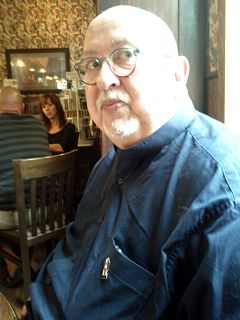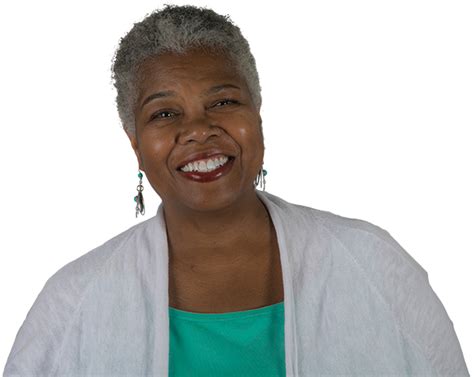A Quote by Lois Lowry
I'm not terribly conversant with children's literature in general. I tend to read books for adults, being an adult.
Related Quotes
I wish that the adults who are 'in power' cared more about what their children read. Books are incredibly powerful when we are young - the books I read as a child have stayed with me my entire life - and yet, the people who write about books, for the most part, completely ignore children's literature.
I think so much of young adult literature sort of gets ghettoized - the title 'young adult' makes people immediately discount it. And just like with books that get written for adults, there is plenty of young adult literature that is bad. But there is also plenty of young adult literature that is brilliant.
When you talk to people about the books that have meant a lot to them, it's usually books they read when they were younger because the books have this wonder in everyday things that isn't bogged down by excessively grown-up concerns or the need to be subtle or coy... when you read these books as an adult, it tends to bring back the sense of newness and discovery that I tend not to get from adult fiction.
Children make better readers than adults. They read as carefully as I write; adults read as a means of getting off to sleep. I get letters saying 'I have read your book seventeen times.' If you're an adult novelist and you get that letter, you should be afraid. You're being stalked. Kids always read them seventeen times!
No one spoke in terms of children's literature, as opposed to adult literature, until around the 1940s. It wasn't categorised much before then. Even Grimm's tales were written for adults. But it is true that ever since 'Harry Potter' there has been a renaissance in fantasy literature. J. K. Rowling opened the door again.
I like reading books about kids where there weren't really many adults, where they didn't need an adult to come and solve the problems for them. They could use their own ingenuity, use their own talents to solve whatever the issue was. And I like that still. I think that children want to read about heroic children. They don't want to read about children that have to be saved all the time.
Of course all children's literature is not fantastic, so all fantastic books need not be children's books. It is still possible, even in an age so ferociously anti-romantic as our own, to write fantastic stories for adults: though you will usually need to have made a name in some more fashionable kind of literature before anyone will publish them.




































